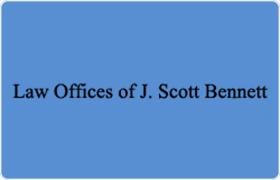Ludlow Divorce & Family Law Lawyer, California
Sponsored Law Firm
-
 x
x

Click For More Info:
-
Law Offices of J. Scott Bennett
3730 12th Street Riverside, CA 92501» view mapDivorce & Family Law Over 30 Years Of Experience
When you need accurate representation, whether it’s a divorce lawyer, family lawyer or child custody lawyer, Jerald Bennett is there for you.
800-726-1210
Not enough matches for Ludlow Divorce & Family Law lawyer.
Below are all Ludlow lawyers.
Joseph Earl Czarnik
Real Estate, Divorce & Family Law, Criminal
Status: In Good Standing Licensed: 14 Years
James Russell Baxter
Real Estate, Employment, Divorce & Family Law, Business
Status: Inactive Licensed: 35 Years
Edward White
General Practice
Brian J Morgan
Military, Traffic, Health Care, Personal Injury
Status: In Good Standing Licensed: 48 Years
FREE CONSULTATION
CONTACT Jerald Bennett Riverside, CA
Jerald Bennett Riverside, CA Practice AreasExpertise
Practice AreasExpertise
